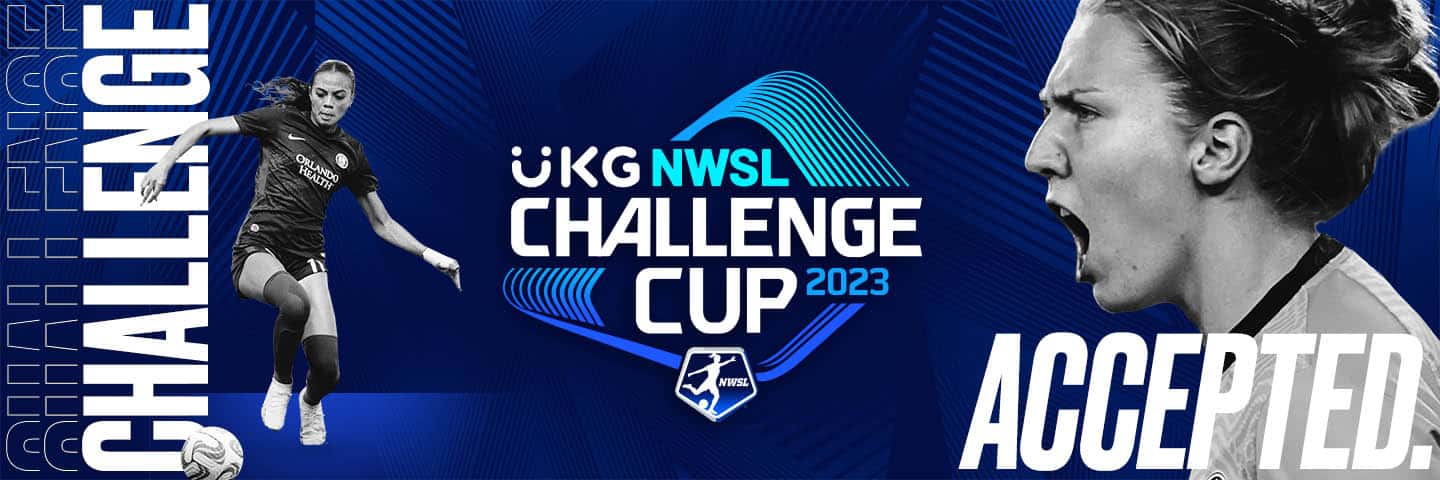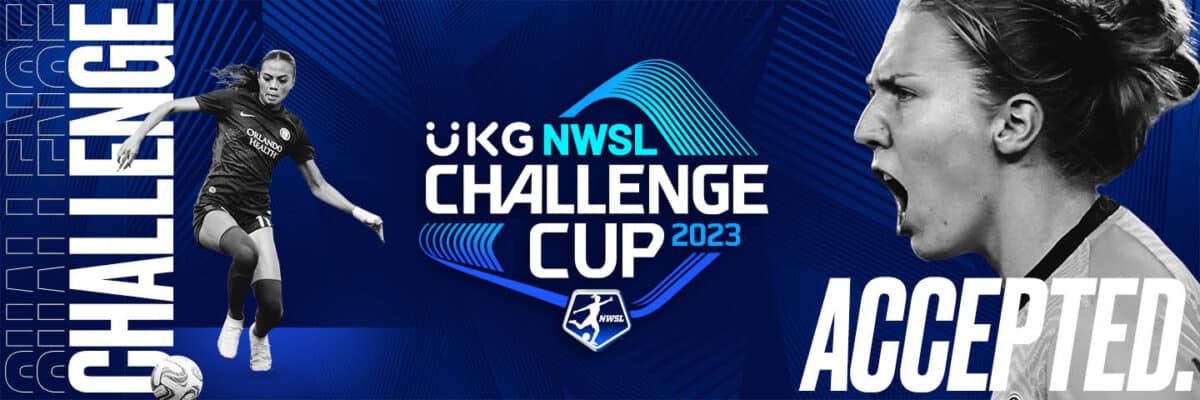Gender-based pay equity progress may have stalled over the past few years, particularly as the pandemic forced millions of women out of the workforce, but the good news is pockets of success are happening.
This week, one such milestone was celebrated in the world of women’s soccer. The inaugural 2023 UKG National Women’s Soccer League Challenge Cup, now underway, became the first U.S. women’s soccer tournament to offer a million-dollar prize pool—equal to the prize offered to the players’ male counterparts.
Lauren Lopez, NWSL chief people and culture officer, is proud of the achievement, and says leaders in every industry “can walk the walk” and think even bigger than equal pay (though it’s important) to create an “ecosystem of equity” that benefits all people fairly in the workplace.
“Each of our new partnerships, marketing overhauls, brand updates and everything else that goes into creating the broader sports and entertainment league that the NWSL is, is becoming intentional,” she says. “Nothing about what we do or the way we operate is performative.”
 Last year, UKG—the payroll, HR and workforce management software company—increased the prize pool tenfold, with plans to double for the $1 million prize in 2023, its first year as title sponsor.
Last year, UKG—the payroll, HR and workforce management software company—increased the prize pool tenfold, with plans to double for the $1 million prize in 2023, its first year as title sponsor.
The Challenge Cup partnership with UKG not only shows the NWSL’s “tangible progress,” Lopez says, “but the visibility that an announcement like this provides is significant in creating real and substantial change both in our industry and beyond.” For instance, UKG and NWSL also launched a joint “Challenge Accepted” campaign to press for pay equity, in pro soccer and beyond.
According to Lopez, progress on pay equity can have a “ripple effect” on ecosystems at large.
“Equal pay practices are significant due to the options they create for individuals, families, communities and beyond,” she says, adding that equal pay spawns independence, opportunity and the ability for women to gain increased access to education, home ownership, financial planning and, overall, more positive socioeconomic outcomes.
For employers looking to take the ball forward on pay equity, Lopez explains they must have in their arsenal a clear goal—and a clear path forward, with tools and strategies—in order to create lasting, substantial change. Also key are supportive partners. In NWSL’s case, she says, equity efforts are fueled by everyone from UKG to “team owners to players, coaches, family members of players.”
”And reaching a pay equity milestone like this,” she adds, “stokes the excitement around the reality of the NWSL as a significant change-maker and igniter of progress.”
The post Women’s pro soccer league scores one for pay equity appeared first on HR Executive.
